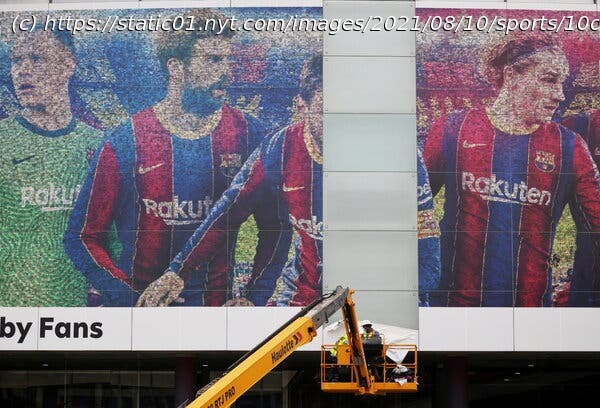He could not stay where he wanted; few teams could afford him. Even one of the best players of all time was not able to resist the economic forces that carry the game along.
In those frantic, final hours in April, before a cabal of owners of Europe’s grandest clubs unveiled their plan for a breakaway superleague to an unsuspecting and unwelcoming world, a schism emerged in their ranks. One faction, driven by Andrea Agnelli, chairman of Juventus, and Florentino Pérez, president of Real Madrid, wanted to go public as quickly as possible. Agnelli, in particular, was feeling the personal pressure of acting, in effect, as a double agent. Everything, they said, was ready; or at least as ready as it needed to be. Another group, centered on the American ownership groups that control England’s traditional giants, counseled caution. The plans still had to be finessed. There was still debate, for example, on how many spots might be handed over to teams that had qualified for the competition. They felt it better to wait until summer. If the first group had not won the day — if the whole project had not exploded into existence and collapsed in ignominy in 48 tumultuous hours — this would have been the week, after the Olympics but before the new season began, when they presented their self-serving, elitist vision of soccer’s future. That the Super League fell apart, of course, was a blessed relief. That this week has, instead, been given over to a dystopian illustration of where, exactly, soccer stands suggests that no great solace should be found in its failure. On Thursday, Manchester City broke the British transfer record — paying Aston Villa $138 million for Jack Grealish — for what may not be the last time this summer. The club remains hopeful of adding Harry Kane, talisman of Tottenham and captain of England, for a fee that could rise as high as $200 million. And then, of course, dwarfing everything else, it emerged that Lionel Messi would be leaving — would have to leave — F.C. Barcelona. Under La Liga’s rules, the club’s finances are such that it could not physically, fiscally, register the greatest player of all time for the coming season. It had no choice but to let him go. He had no choice but to leave. Everything that has played out since has felt so shocking as to be surreal, but so predictable as to be inevitable. There was the tear-stained news conference, in which Messi revealed he had volunteered to accept a 50 percent pay cut to stay at the club he has called home since he was 13, where he scored 672 goals in 778 games, where he broke every record there was to break, won everything there was to win and forged a legend that may never be matched. As soon as that was over, there came the first wisps of smoke from Paris, suggesting the identity of Messi’s new home.






